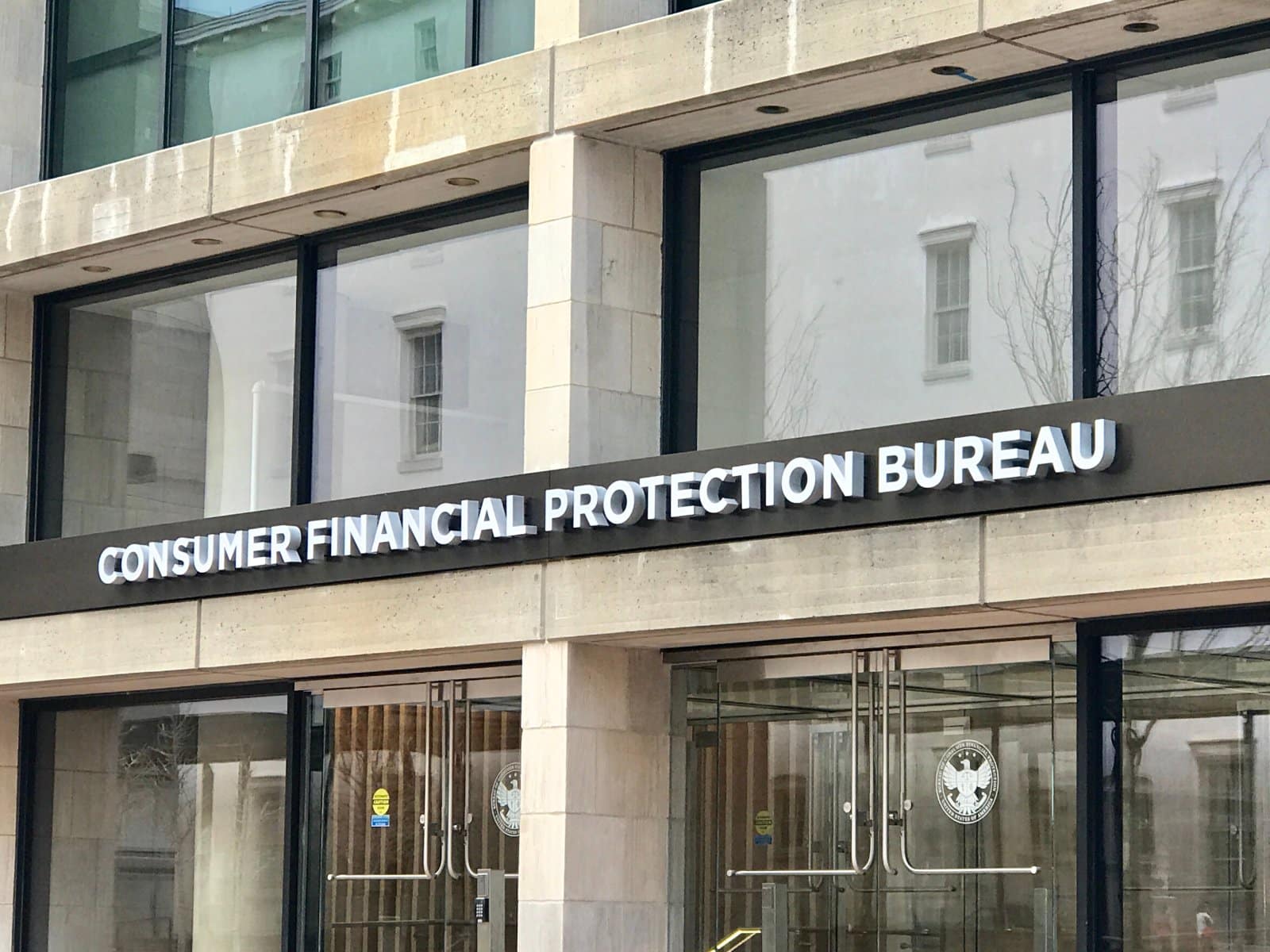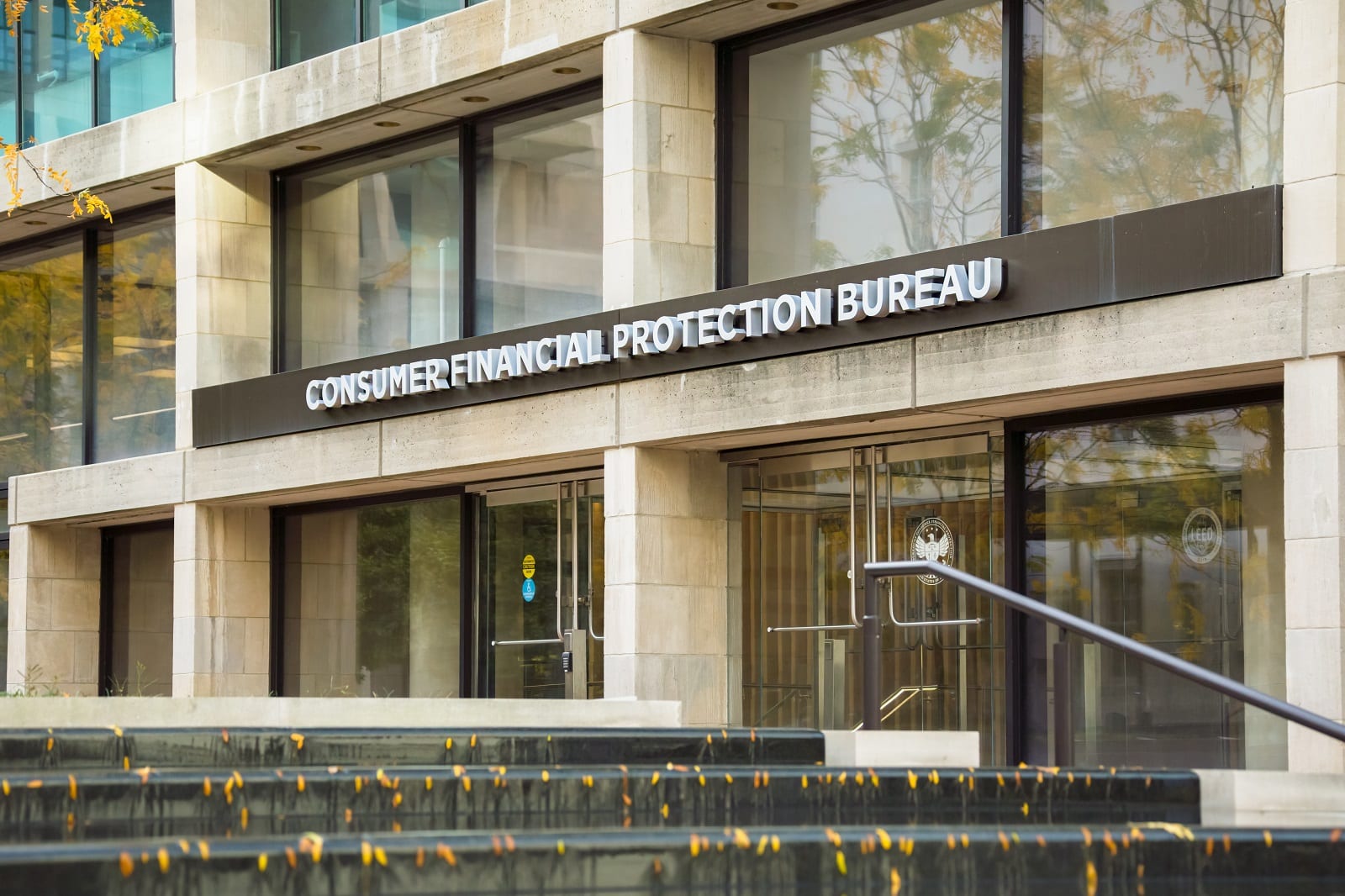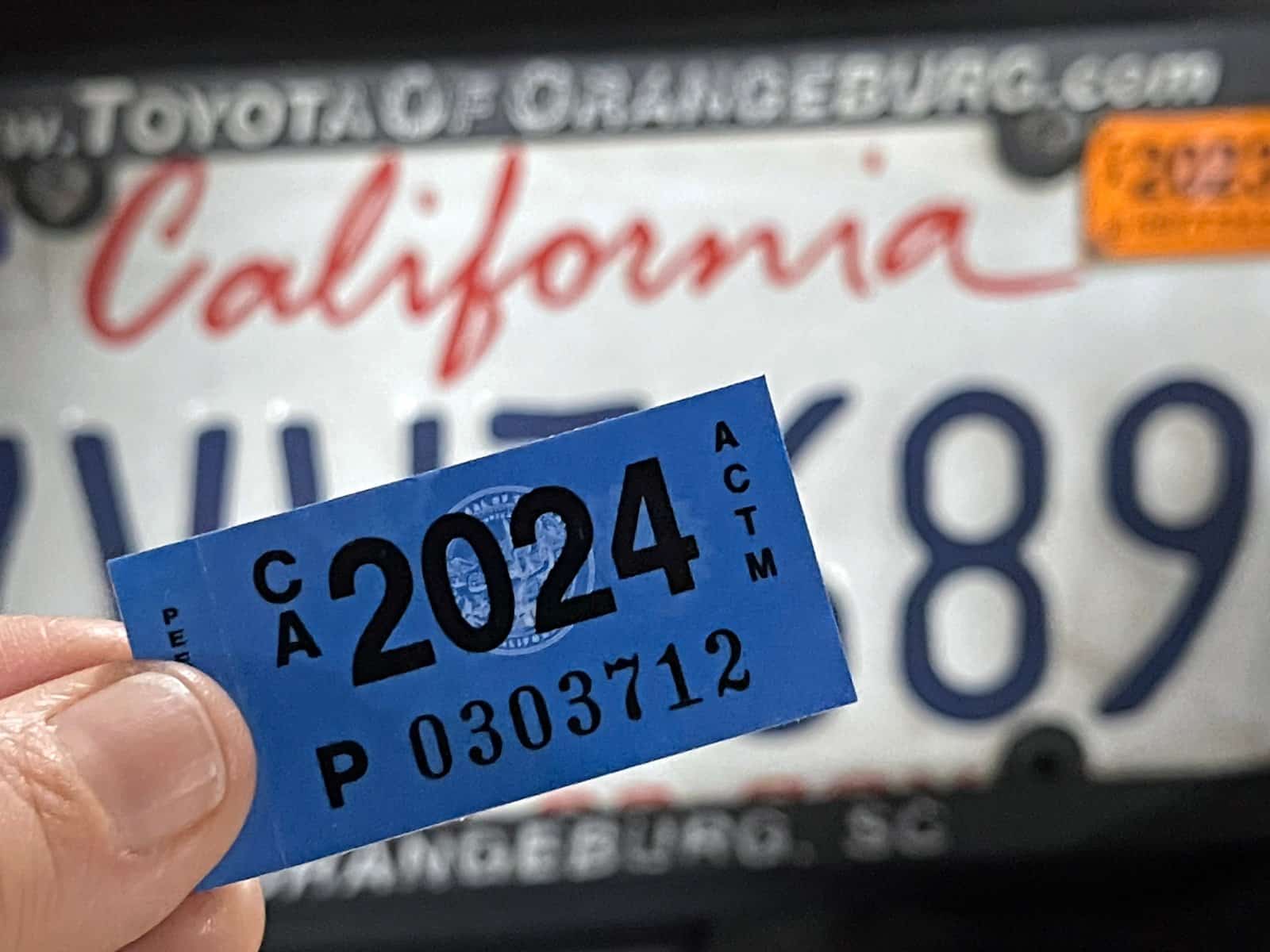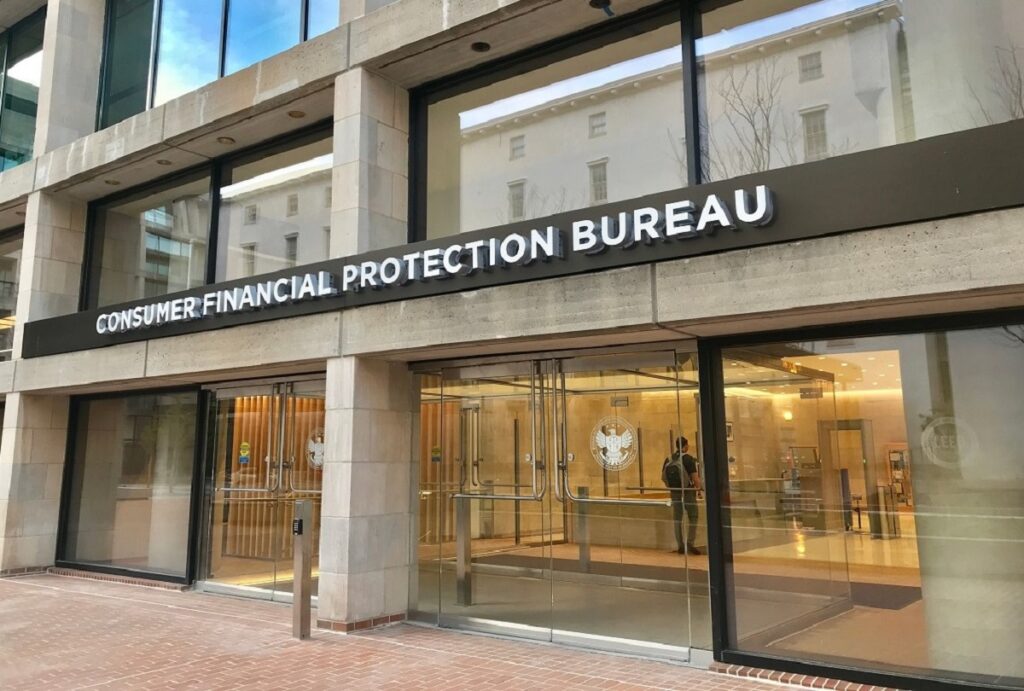The Consumer Financial Protection Bureau (CFPB) has discovered a loophole in overdraft fees, where banks have been charging U.S. customers more than they need to. A proposed rule has the potential to save consumers up to $3.5 billion annually, here’s the full story.
A Long-Standing Issue

For years, consumers with a lower income have been thrown surprise overdraft fees, a devastating blow for those who cannot afford to pay them at will.
A New Rule Comes to Play

Now, a proposed rule could utilize a loophole that was allowing large banks to exploit hard-working people’s overdrafts in an attempt to boost revenue.
Attempt to Exploit Customers

The loophole shows that banks would often charge customers $35 for overdrafts of less than $26, which has prompted the CFPB to act especially as we’re in a cost-of-living battle.
CFPB Director Provides Hope

“Today, we are proposing rules to close a longstanding loophole that allowed many large banks to transform overdraft into a massive junk fee harvesting machine,” said CFPB director Rohit Chopra.
Estimated Savings

The CFPB’s report suggested that around 23 million households pay overdraft fees each year, but the new rule seeks to provide hope.
Huge Savings Per Annum If Enacted

The new rule, if accepted, could potentially save each household up to $150 per year, adding up to a total of up to $3.5 billion annually for the nation.
Covering The Wool Over Customer’s Eyes

Overdraft fees, functioning essentially as loans to customers, have historically been exempt from the Truth in Lending Act, resulting in consumers being unaware of the actual cost of these transactions.
CFPB Reveal Findings

“Customers are typically charged $35 for an overdraft loan, even though the majority of consumers’ debit card overdrafts are for less than $26, and are repaid within three days,” revealed the CFPB.
The Proposed Changes

The CFPB has suggested adding overdraft fees to the Truth in Lending Act by putting it under the same category as loans, as has happened with regulations for credit cards.
Transparency Urged With New Rule

The proposed rule would compel large banks to be transparent about the terms of overdraft loans, aiming to reduce the prevalent surprise factor associated with these fees.
Mirroring Credit Card Overdrafts

“In the 1990s and early 2000s, with the rise of debit cards, institutions began raising fees and using the exemption to churn high volumes of overdraft loans on debit card transactions. Annual overdraft fee revenue in 2019 was an estimated $12.6 billion,” CFPB explained.
Evolution of Overdraft Practices

The CFPB also noted the modifications made to the larger banks, “Today, big banks have made many modifications to their overdraft practices, effectively lowering their overdraft revenue to roughly $9 billion a year,” they said.
The CFPB’s Prescription for Change

In a bid to bring transparency to the table, the proposed rule would insist that large banks and credit unions must disclose the terms of extending overdraft loans, to catch up with the rest of the country’s loan products, as banks have fallen behind.
Beneficial For Customer And Bank

The CFPB insists that the rule would benefit both parties, “Very large financial institutions would still be able to offer profitable overdraft loans, as long as they comply with longstanding consumer protections on loans,” the CFPB said.
CFPB’s Call For Transparency

“For example,” they continued, “this would require them to disclose interest rates and fees, just as they would if they offered a credit card or other loan,” the CFPB said.
Toward Transparent Overdraft Practices

Under the proposed rule, financial institutions can opt to offer overdraft protection as a line of credit tied to checking accounts or debit cards.
Customers to Have Everything on The Table

These new credit lines would suggest competitive interest rates to the customer meaning that consumers understand exactly how much they would be spending when deciding on an overdraft.
Less-Fortunate Americans Could Get “Safety Net”

“If enacted, this proposal could deprive millions of Americans of a deeply valued emergency safety net while also pushing more consumers out of the banking system,” warned Consumer Bankers Association president and CEO Lindsey Johnson.
Considerations for Large Banks

American Bankers Association president and CEO Rob Nichols cautioned Americans that, “The proposal would make it significantly harder for banks to offer overdraft protection to customers, including those who have few, if any, other means to access needed liquidity,” suggesting protection could be affected.
The Proposed Rule’s Path Forward

On April 1st, 2024, the public will be allowed to comment on the proposed ruling. After that, the CFPB will review these comments, but the rule itself will not be passed through Congress until October 2025.
23 Steep Taxes Adding to California Residents’ Burden

California: a place of sunshine, innovation, and, unfortunately, some of the nation’s highest taxes. From LA’s beaches to Silicon Valley’s tech hubs, residents grapple with a maze of state taxes. Here’s a glance at 23 taxes that might surprise both Californians and outsiders. 23 Steep Taxes Adding to California Residents’ Burden
Cash in on Nostalgia: 21 Toys Now Worth a Fortune

Time to dust off the boxes and find that once-cherished toy from your childhood. For collectors and enthusiasts, they items have become valued objects and they can be worth big bucks – are there any of these in your attic? Cash in on Nostalgia: 21 Toys Now Worth a Fortune
Millennials Don’t Buy These 19 Products Anymore

Millennials are changing consumer habits, quietly replacing once-staple products and traditions. Often criticized for their disruptive preferences, this generation is reshaping the marketplace with digital expertise, ethical buying, and a taste for the unconventional. Millennials Don’t Buy These 19 Products Anymore
10 Reasons Firearms Are Essential to America’s Fabric

Americans’ strong attachment to guns is influenced by constitutional rights, historical context, and cultural traditions. This article explores the cultural perspective driving their unwavering support for gun ownership, revealing the key factors shaping this enduring aspect of American life. 10 Reasons Firearms Are Essential to America’s Fabric
California’s 16 New Laws Raise Red Flags for Prospective Residents

California, celebrated for its beaches, tech prowess, and diversity, is now gaining attention for its recent legislation, prompting some residents to reconsider their residency. Explore the new laws of 2024 and the controversies and migration they’re stirring. California’s 16 New Laws Raise Red Flags for Prospective Residents
The post CFPB Exposes Banks’ Overdraft Fee Racket Draining Billions from Americans first appeared on Thrift My Life.
Featured Image Credit: Shutterstock / DCStockPhotography.
The content of this article is for informational purposes only and does not constitute or replace professional financial advice.

